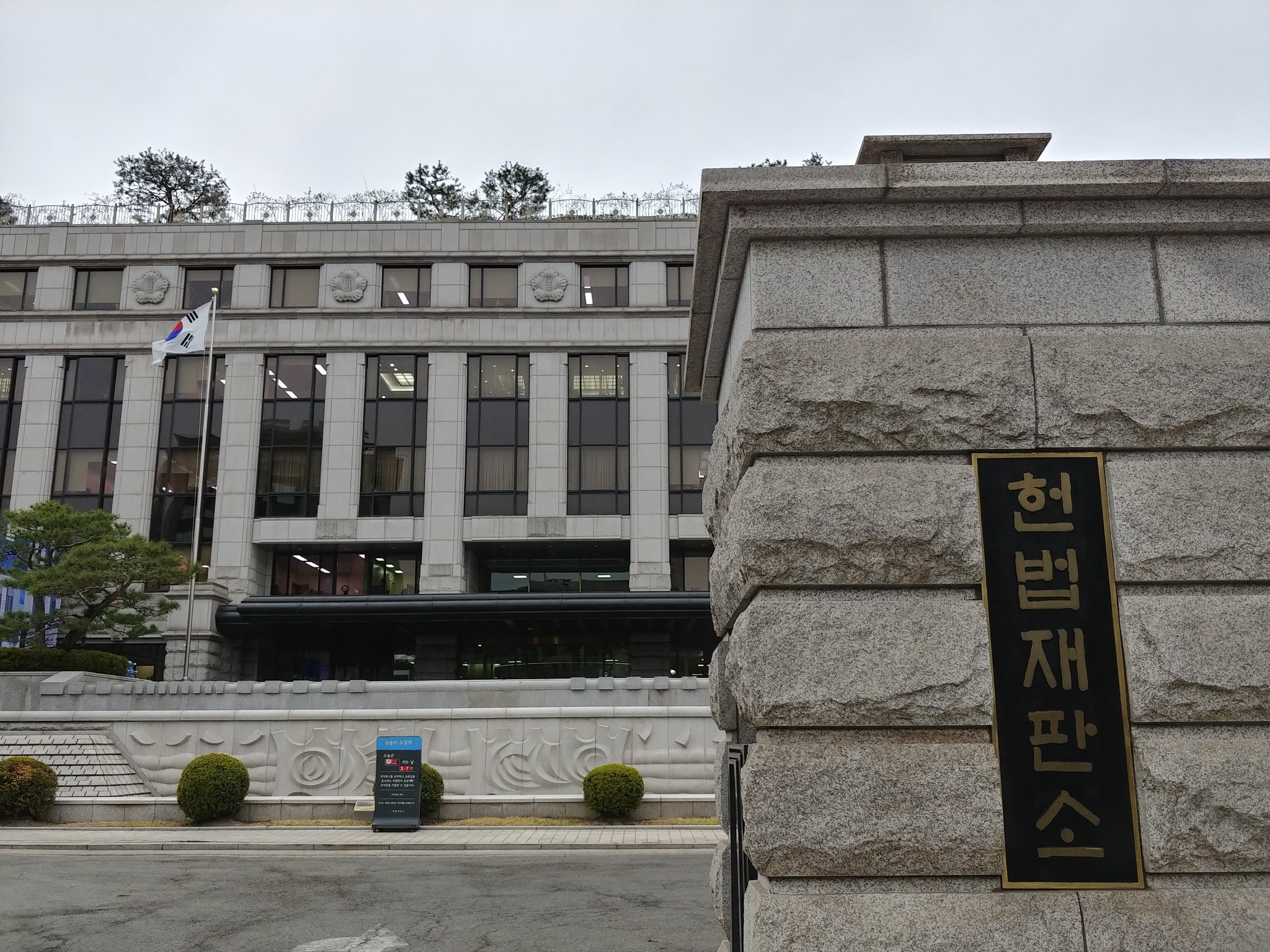The 헌법재판소: A Guardian of Korea's Constitutionality
Are you curious about the inner workings of South Korea's esteemed 헌법재판소 (Constitutional Court)? Dive into this comprehensive guide that will unveil its fascinating history, powers, and impact on Korean society. Get ready to embark on a journey through the corridors of constitutional justice!
Historical Roots
The 헌법재판소 was established in 1988 following a series of tumultuous political events in South Korea's history. The Korean people, yearning for a more just and democratic society, demanded a constitutional court to safeguard the fundamental rights enshrined in the Constitution and prevent the abuse of government power.
Powers and Functions
The 헌법재판소 wields the formidable power to review the constitutionality of laws, regulations, and administrative actions. It serves as the ultimate arbiter in interpreting the Constitution, ensuring that the government and other public entities act within its bounds. Additionally, the Court has the authority to resolve constitutional disputes between state organs and to settle conflicts over the Kompetenzkonflikt (competition of jurisdiction).
Composition and Appointment
The 헌법재판소 comprises nine Justices, including a Chief Justice, who are appointed by the President with the consent of the National Assembly. To maintain impartiality and independence, Justices are appointed for a non-renewable term of six years and cannot be reappointed. The rigorous appointment process ensures the selection of highly qualified and respected legal minds.
Judicial Review Process
When a case is brought before the 헌법재판소, it undergoes a rigorous judicial review process. Interested parties or the government may file a petition challenging the constitutionality of a law or action. The Court then examines the case, analyzes the applicable provisions of the Constitution, and makes a determination on the matter. The Court's decisions are binding and final.
Landmark Cases and Impact
Throughout its history, the 헌법재판소 has decided on landmark cases that have profoundly shaped South Korean society. For instance, the Court ruled against the mandatory retirement age for public officials, upholding the principle of equal treatment under the law. In another groundbreaking decision, the Court struck down the anti-homosexuality law, affirming the rights of sexual minorities. These rulings have not only strengthened constitutional protections but have also fostered a more just and equitable society.
International Recognition
The 헌법재판소 has gained international acclaim for its contributions to constitutional jurisprudence. It was one of the first constitutional courts in Asia and has played a significant role in promoting constitutionalism and democracy in the region. Its decisions and interpretations of the Constitution have been cited by other courts and scholars around the world.
Criticisms and Controversies
Despite its esteemed reputation, the 헌법재판소 has not been immune to criticism. Some critics argue that the Court has overstepped its bounds by engaging in judicial activism and making politically motivated decisions. Others question the fairness of the appointment process, alleging that it favors certain political groups. However, the Court's independence and commitment to upholding the Constitution have generally been upheld.
Current Challenges and Future Prospects
The 헌법재판소 faces ongoing challenges, including the increasing complexity of constitutional issues, the rise of new technologies, and the need to balance competing interests. As South Korean society evolves, the Court must adapt to meet the changing needs of the people while remaining faithful to its constitutional mandate. The future of the 헌법재판소 is bright, as it continues to play a vital role in safeguarding the Constitution and ensuring the rule of law in South Korea.
Conclusion
The 헌법재판소 stands as a beacon of constitutional justice in South Korea, guarding the fundamental rights and freedoms of its citizens. Through its rigorous judicial review process and landmark decisions, the Court has left an indelible mark on Korean society. As the nation navigates the complexities of the 21st century, the 헌법재판소 will undoubtedly continue to play a pivotal role in shaping its constitutional landscape.
| Attribute | Information |
|---|---|
| Establishment | 1988 |
| Number of Justices | 9, including a Chief Justice |
| Appointment Process | Appointed by the President with the consent of the National Assembly |
| Term of Office | 6 years, non-renewable |
| Powers | Judicial review of laws, regulations, and administrative actions; resolution of constitutional disputes |
| Landmark Cases | Ruling against mandatory retirement age; striking down anti-homosexuality law |
| International Recognition | One of the first constitutional courts in Asia; cited by other courts and scholars worldwide |




